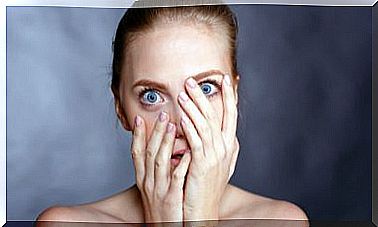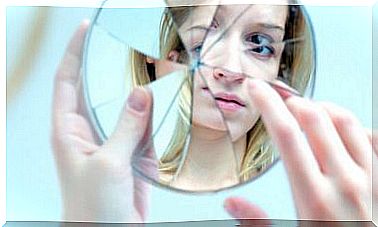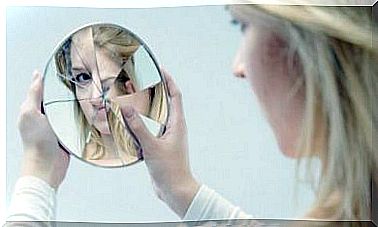Pleasure And Guilt: Why Do They Sometimes Go Together?
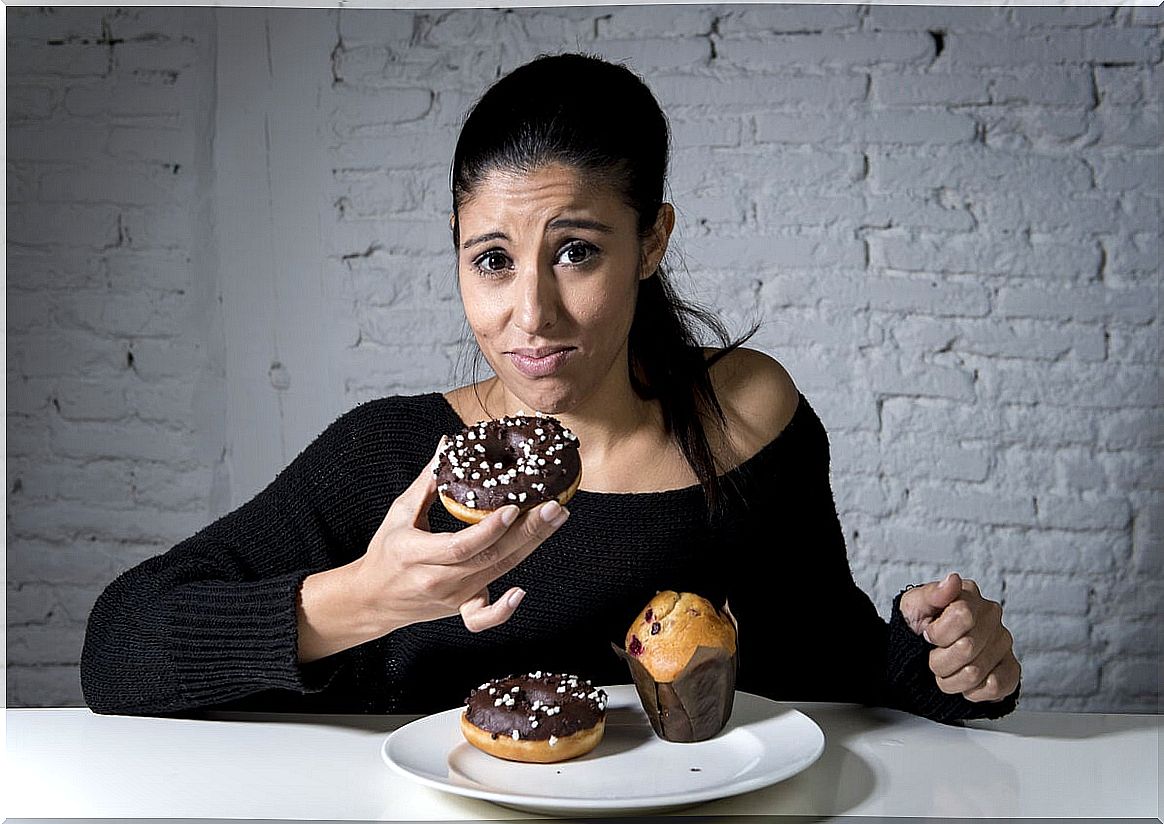
Pleasure and guilt go hand in hand for many people when it comes to non-productive activities. Doing something “just because” or without it being useful usually generates guilt, which in turn can be a source of stress. How does this mechanism work? Why does something as trivial as eating ice cream or lying on the bed to rest generate guilt, if they do not hurt anyone?
In a society marked by competitiveness and mass production, it is natural for this type of cognitive dissonance to appear. Every day we are the target of a multitude of sources of information that equate pleasure and productivity, to the point of creating a culture from which it is difficult to escape.
In turn, this culture normalizes the thought that leisure is good, as long as it also has a productive part in some area – health, money, social recognition. However, to prevent pleasure and guilt from merging, it is essential to analyze the issue thoroughly.
What is pleasure?
The basic pleasure sensation is regulated by endorphin discharges, a mechanism that reinforces the behavior of what we are doing at that moment. This is the adaptive value of pleasure: identifying those behaviors that are beneficial to yourself.
This mechanism gives rise to hedonistic motivation, the tendency to seek that pleasure and to cultivate it in search of the sensation it causes. However, before understanding how pleasure and guilt go hand in hand, it is necessary to understand another factor that you have in the following lines.
The famous researcher Nico Fridja described the law of hedonic asymmetry: negative emotions – sadness, anger, frustration – are more intense and lasting than pleasure. This has great value for survival, since in this way situations that endanger the individual are avoided.

When do pleasure and guilt come together?
Guilt enters the equation through society, which applies this law of hedonic asymmetry to the productivity of the individual. There is a generalized and unconscious idea that relates pleasure to being standing still and doing nothing useful, so that the feeling of having to continually produce creates guilt when pleasure is experienced.
This is favored by a culture that rewards effort and sacrifice more than hedonism. Some people may think that if they are not always struggling to achieve a goal they are not good enough.
On the other hand, on an individual level, enjoying pleasure can lead to different objectives contradicting each other in the medium or long term. For example, enjoying a tasty dish may be at odds with the intention of going on a diet: it generates an unconscious idea that the pleasure of eating is going to be an impediment to discipline.
For this reason, guilt is often used as a weapon against self-indulgence, since it is thought that feeling bad when enjoying something will help to achieve a goal. This is combined with the thought that you can lose control over the effort if you enjoy it.
“That doesn’t happen to me”
While it is true that there are certain personality profiles that are prone to feel more guilty when they enjoy – perfectionists, self-demanding – everyone has experienced guilt when indulging in pleasure at one time or another.
A very common coping strategy is to try to associate pleasure with productive activities, such as going to the gym or working. In this way, the person allows himself to enjoy avoiding the guilt of doing something “that is useless”. However, this usually ends at the same point of feeling guilty when you want to do something just for pleasure.
As you can see, no one is free from this sensation, as it is deeply rooted in collective thought. When guilt casts a shadow over everything that brings pleasure, it can become self-destructive.
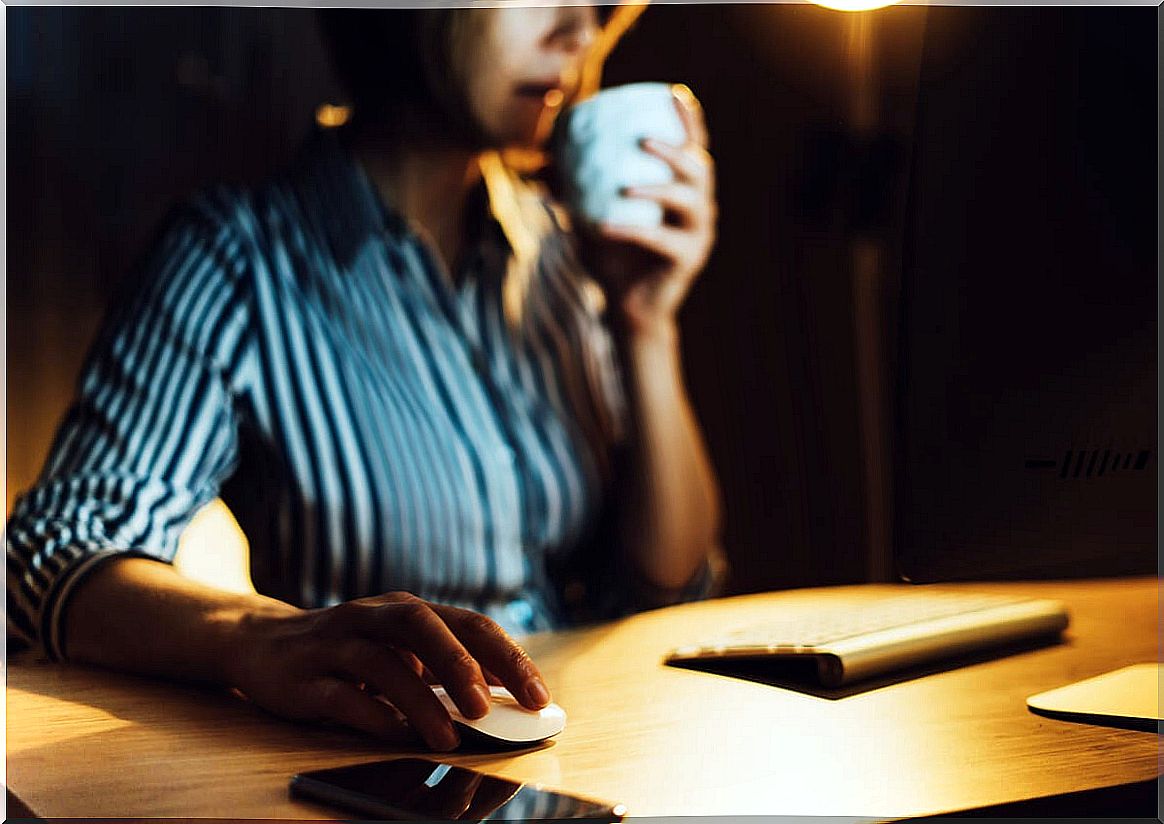
How to separate pleasure and guilt
These cycle-breaking endorphins are healthy, prevent self-destruction, and promote behavioral flexibility. So here are some tips to avoid guilt when you do your own recess :
- Practice the warrior’s rest : when you achieve a goal, stop to enjoy your achievements. Otherwise, what is the point of fighting?
- Replace guilt with responsibility : This last term allows obligations to become tasks with an ending, where enjoyment is a reward for completing them and not something that goes against your goals.
- Change the search for the fear of enjoyment. Nobody is going to save you from the fact that fate puts, from time to time, some obstacle in your way. It is in your hand to avoid them, but also to look for and take advantage of opportunities.
- Do not be afraid to enjoy yourself : moments of pleasure do not lead to loss of control, as it is difficult to create a habit with a single episode.
- Look for small pleasures : big milestones do not give real pleasure, since endorphins reinforce small daily gestures. This is how pleasure is maintained over time, not with an intense episode ending.
- External pressure is always going to be there to induce guilt when you enjoy something. Try not to be part of the pressure and don’t let yourself be swayed.
Pleasure in the present moment is necessary: it is not only part of a healthy emotionality, but it is also a tool for maximizing productivity and being healthy -paradoxically-. Hedonistic pleasure provides moments of disconnection that allow you to return to obligations with the strength to perform them correctly. Enjoy!



